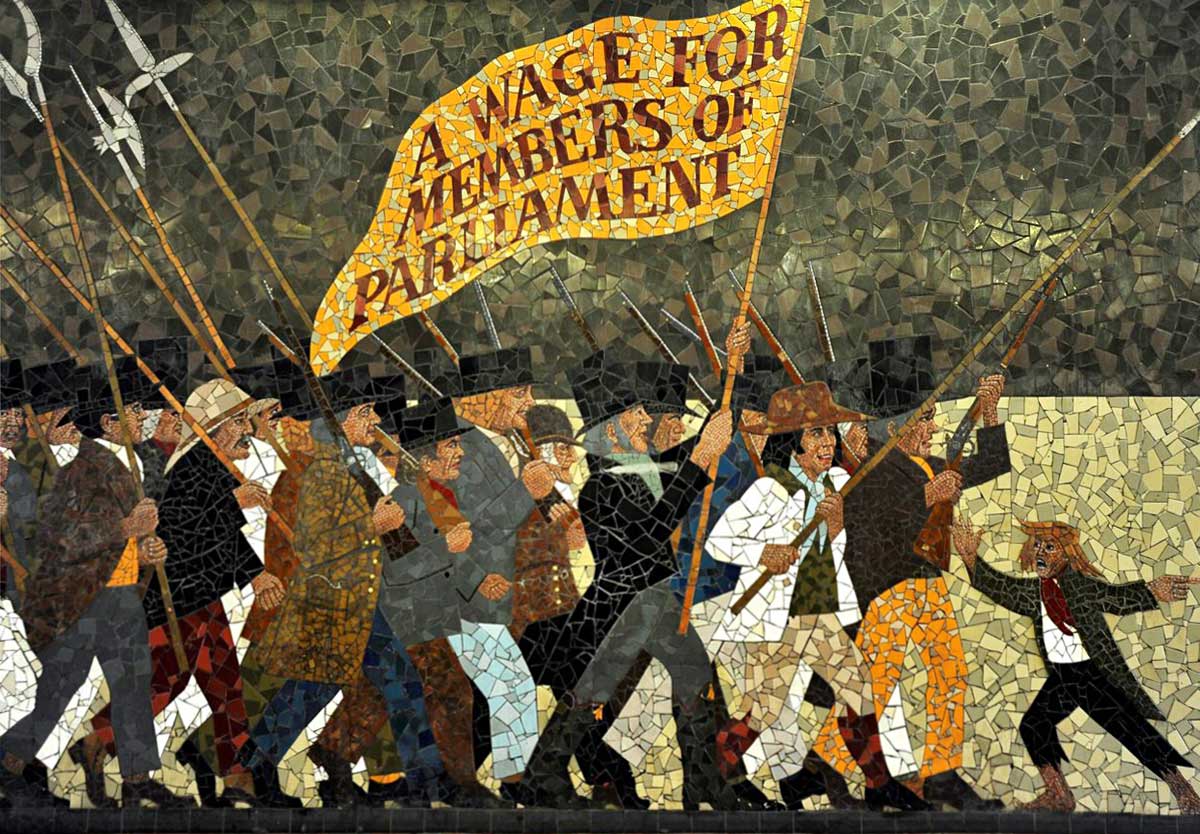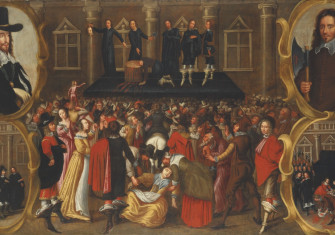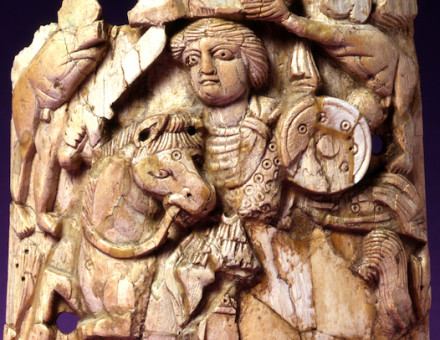Did Britain Ever Have a Revolutionary Moment?
Four historians consider whether the traditional Whig history of Britain, as one of evolutionary political progress, has ever been challenged by events.

‘European observers viewed Charles I’s execution as an unprecedented, revolutionary move’
Edward Vallance, Professor of History at the University of Roehampton
Contemporaries were in no doubt that the trial and execution of Charles I in 1649 were revolutionary. It was widely expected that the proceedings would culminate in the establishment of a new republican government. James Butler, Marquess of Ormond and leader of the Royalist forces in Ireland, saw the New Model Army’s Remonstrance of November 1648, which called for the king’s trial, as seeking the ‘totall change of our gouernement & to lay the foundation of their new one in the blood of our master & the ruine of his posterity’.







